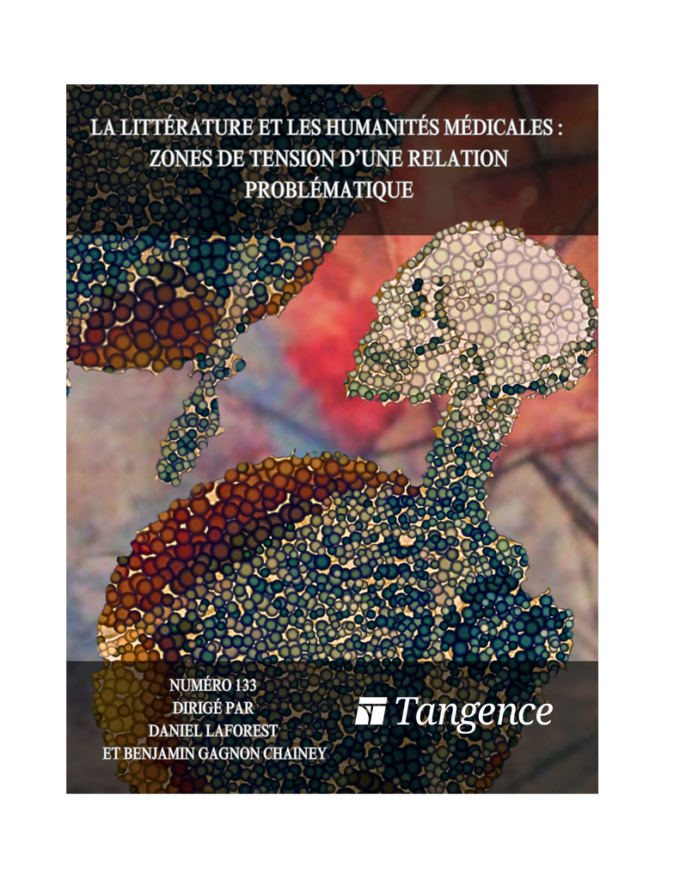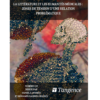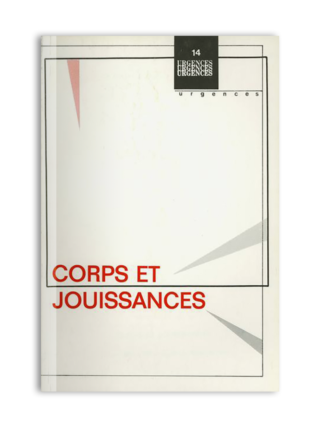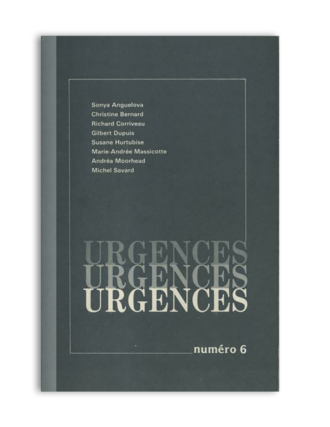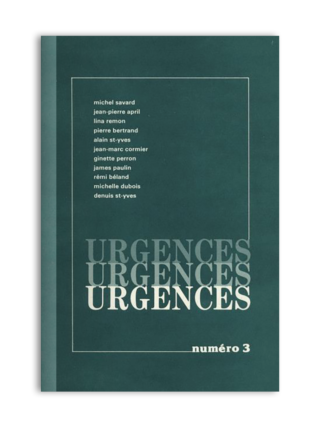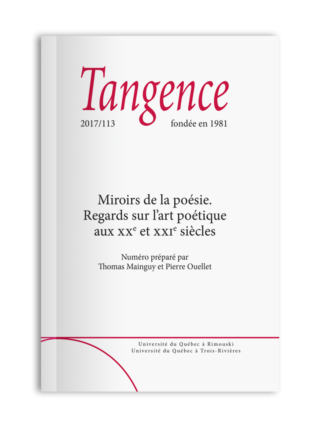Medical humanities and humanities in general : a new scenario
Vincent Bruyère
This article aims to show that, to rethink the relationship between literature and the medical humanities, it will be necessary to revisit the terms of this relationship in order to improvise others following an important text written by Eve Kosofsky Sedgwick in the late 1990s and marked by both her experience with cancer and her engagement with ACT UP (AIDS Coalition to Unleash Power). To the paranoid logic of criticism, Sedgwick opposes the logic of reparation. To read critically, Sedgwick explains, is to guard against, to beware of. It is a way to reduce the effects of surprise and attachment. Guided by an article by Georges Canguilhem, “Is a Pedagogy of Healing Possible ?” (1978) and the memoir by Jean-Dominique Bauby, The Diving Bell and the Butterfly, published the same year as Sedgwick’s text, the present article explores how repair does not necessarily mean to turn back—for example, to deny the hermeneutic heritage—but perhaps to envision another relationship to time, to a before and an after, to time as a normative horizon, and in particular, to the time of healing. To protect oneself and to beware of is also, etymologically, to heal, explains Canguilhem. Bauby, for his part, did not and would not heal. At least, he did not heal in terms that meant a turning inward. He developed a pedagogy of the literary text in the time of reparation that stresses affect and surface.
Antagonistic mother, failed daughter : the paradoxical care of a problematic relationship in Nelly Arcan, Sophie Calle, Marie Cardinal and Hélène Cixous
Léonore Brassard and Pascale Millot
Whereas the bond between mother and child, particularly in early childhood, is characterized by the stereotype of the greatest attention to the other—archaic space of care, of constant worry, of almost animal protectiveness—, the bond between daughter and mother is often viewed problematically, and all the more so as the daughter grows up. This paradoxical relationship, at once intimate and distant, stamped with contradictory emotions and marked by a long history that pre-dates the daughter’s birth, is supposedly difficult to demarcate. How, on this fragile basis, can the daughter in her turn care for her mother ? Can literature be this space of care ? By examining the mother-daughter relationship in their writings, Nelly Arcan, Marie Cardinal, Sophie Calle and Hélène Cixous succeed in making the text a paradoxical place of welcome and care for the mother. This article attempts to define this relationship and this place by examining what might constitute a daughter’s literary “care” for her mother, one in which a mix of kindness and aversion, hatred and love, and the desire for merger and separation result in a new form of daughter-mother co-creation.
Reinvesting sensitivity in the health sciences : the challenges of a new university degree in narrative medicine at the Université de Bordeaux
Isabelle Galichon and Jean-Arthur Micoulaud-Franchi
Subsequent to the creation of a Diplôme universitaire de Médecine narrative at the Collège des Sciences de la santé of the Université de Bordeaux, this article aims to rethink the possibility of a clinic of signs in care. The issue is to highlight the epistemological, ethical and political stakes of this type of diploma in order to outline its pedagogical principles and, finally, analyze the place of literature within this discipline and, more precisely, within the context of this training.
The “villainous obstinacy and ugliness” of “a body of facts” : the creation of the character of Alexis Saint-Martin by his surgeon, Doctor William Beaumont
Maxime Raymond Bock
A native of Berthier in Lower Canada, the voyageur Alexis Saint-
Martin (1802-1880), following a shotgun accident, served as guinea pig for the American surgeon William Beaumont (Lebanon, CT, 1785-1853), whose work on Saint-Martin’s wounded stomach marked the field of medicine and earned Beaumont the title “Father of Gastric Physiology.” Despite the vital role he played in Beaumont’s success and fame, Saint- Martin remains a marginal figure, a footnote in the great book of medical history. This article analyzes the first representation of Saint-Martin, not only as an individual condemned by an accident of history to be defined by his injury, but also as an objectification of the coureur des bois.
Writing about childhood disability : Clara Dupont-Monod, Minh Tran Huy, Hélène Cixous
Kaliane Ung
The disabled child remains a taboo subject in literature. How can we talk about something that leaves us at a loss for words ? How do we find the right words to describe the injustice of a child who suffers without the hope of a cure ? What can literature do in such extreme situations ? In Le jour où je n’étais pas là [The Day I Wasn’t There] (2000), Hélène Cixous recalls that at the birth of her child with Down syndrome, she stopped writing, enduring “un alignement sur le non-aligné.” Her son Paul’s disability forces the writer Minh Tran Huy to reconsider the possibilities of narrating his situation, of envisioning Paul as a character who will not evolve according to society’s expectations, or even those of a novel. In S’adapter, translated as And the Stones Cry Out (2021), Clara Dupont-Monod describes the different facets of the disabled child from a singular point of view : that of the stones in the yard testifying to the evolution of the family, each sibling reacting differently to the tiny blind and motionless being. The authors studied here explore the taboos inherent in the different relationships between the writers, their child, their family and society, while calling for a social and political definition of disability and “care.”
Acknowledging feelings : literature, hearing the voices of the sick beyond medical objectives
Benjamin Gagnon Chainey
Through a comparative analysis of two contemporary autopathographies, Hors de moi [Out of Myself] (2008), where the French philosopher Claire Marin testifies to her experience with chronic pain, and Jardin Radio (2022), where the Quebec author Charlotte Biron recounts her years of operation and convalescence for the treatment of jaw cancer, this article challenges a certain tendency of the medical and health humanities to instrumentalize literature in service to therapeutic, ethical and political objectives that are not necessarily its own to pursue. As a counterpoint to this wish to police the literary, even to smooth out discursive rough edges that are overly chaotic, violent or negative, this article proposes to highlight not only the part played by an anger inseparable from the experience of chronic pain and illness—following the two authors—but also a useless dimension of literature which, even if it fails to cure, nevertheless manages to accompany the sick in the silence, suffering and monotony of their solitude, a dimension whose genuine echoes are difficult to perceive.

